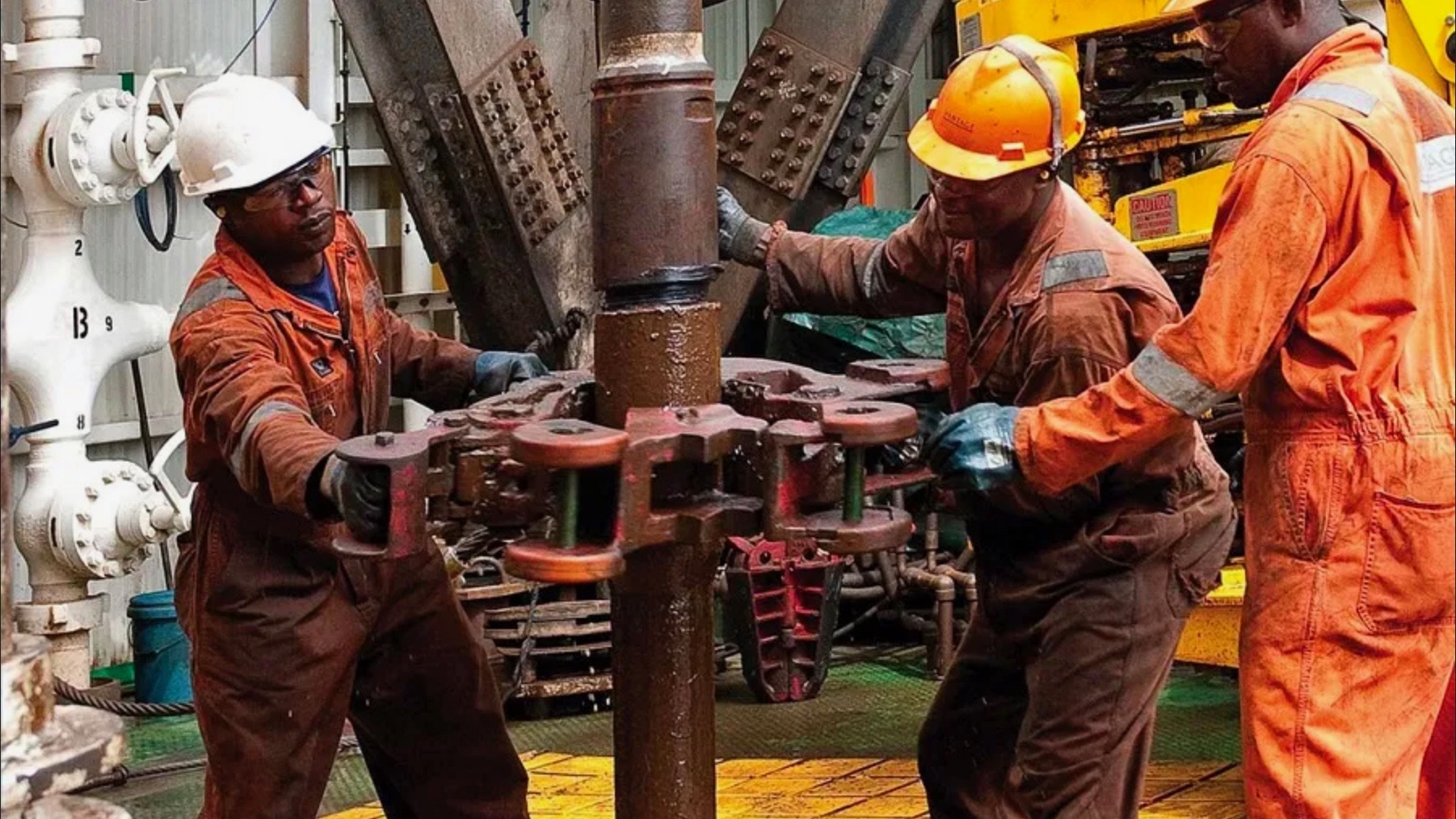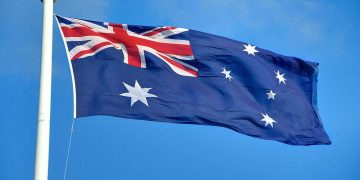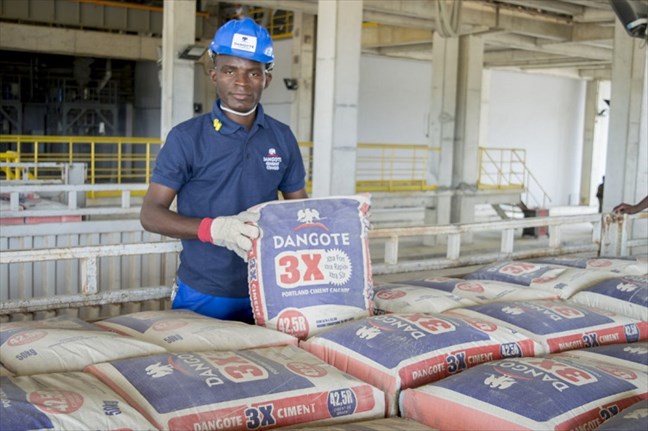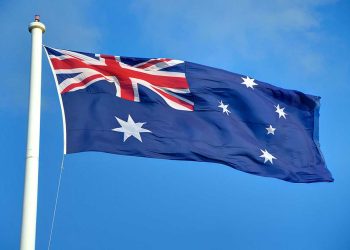The Federal Government has promised that the mini-bid round for Nigeria will ultimately increase global energy sufficiency.
This was said on Monday at a pre-bid conference in Lagos by Mr. Gbenga Komolafe, the Chief Executive Officer of the Nigerian Upstream Petroleum Regulatory Commission (NUPRC).
He stated that seven Deep Offshore blocks were anticipated to be auctioned during this year’s mini bid rounds, the first in the previous 15 years.
Komolafe said that the mini bid round also included a roughly 6,700 km2 area with ocean depths ranging from 1,150 m to 3,100 m.
He said that by aggressively pursuing exploration and development, the exercise was anticipated to be a tremendous success for Nigeria and a significant step toward increasing the country’s oil and gas reserves.
According to him, the exercise would also increase production and open up new opportunities for the use and development of gas.
He claims that the bid round will improve the economy and energy security by giving the chance to profitably work with the pool of qualified oil and gas businesses.
According to him, this would create job opportunities, facilitate the transfer of technology, value the petroleum assets on Nigerian territory, and draw in investments.
Additionally, the Mini Bid Round gives us the chance to reaffirm Nigeria’s dedication to openness and transparency in accordance with the objectives of the Extractive Industry Transparency Initiative (EITI), the speaker continued.
He gave his word that the procedure would follow best practices and be impartial, open, and competitive.
Related News
Removal of fuel subsidy will unlock N6 trillion revenue- CPPE
2023: Nigeria’s First oil well to be drilled by NNPC in Nassarawa
Port Harcourt Refinery to commence operation first quarter 2023 as FG acquires stakes in 4 private refineries, says
Fuel Scarcity and Price hike Looms in Lagos, Abuja and Other Cities in Nigeria
NSCDC Discovers And Shut Down Illegal Oil Dump In FCT
He continued by saying that it would draw seasoned investors from all over the world, both domestically and outside, who were capable of functioning in a deep water environment.
Komolafe emphasized that all candidates might participate either as an individual company or as a consortium and that all grantees must be properly registered in Nigeria under the Companies and Allied Matters Act (CAMA).
The approach would give the necessary consideration to strategies, procedures, and workable plans consistent with net zero carbon emission targets, getting rid of gas flares, as well as general Environmental, Social, and Governance (ESG) factors, he said.
The recent publication of recommendations for the management of fugitive methane and greenhouse gas emissions in the upstream oil and gas operations in Nigeria is only one of the strategic efforts we have made in this direction.
“However, it is important to acknowledge that recent developments around the world suggest that fossil fuels will remain a vital component of the world’s energy mix for a very long time to come.”













